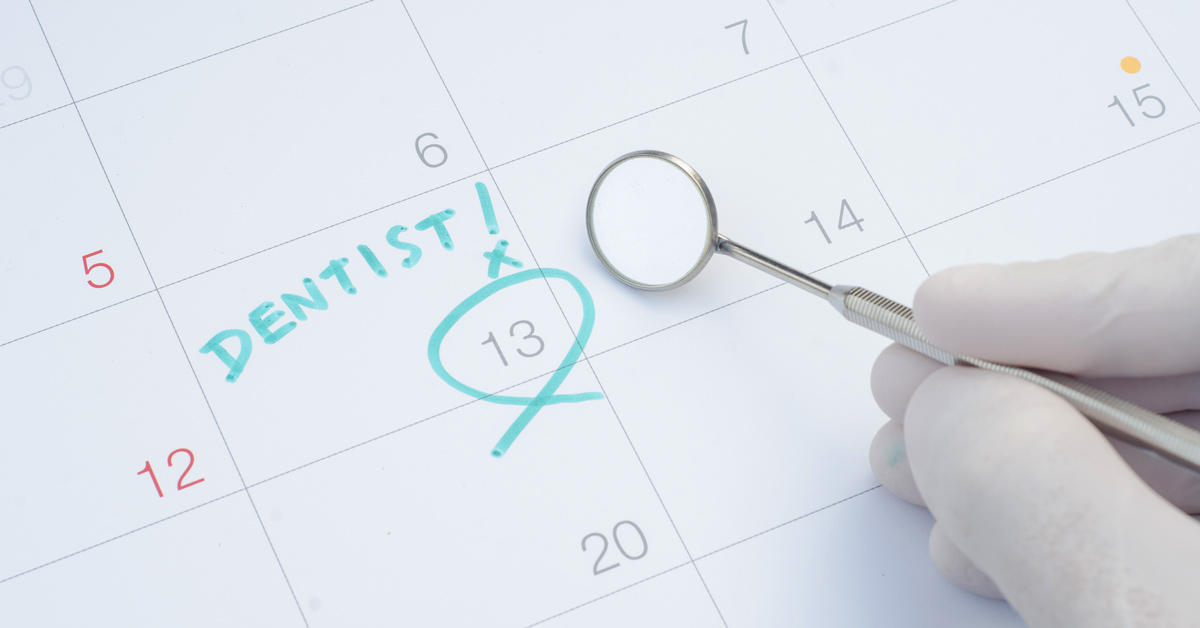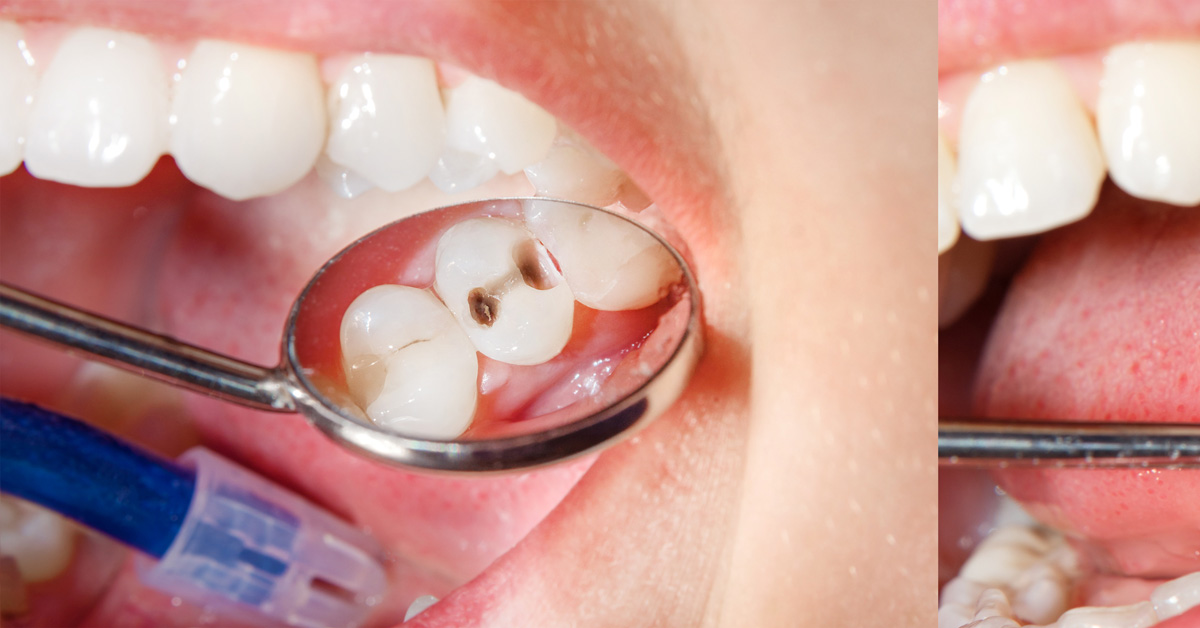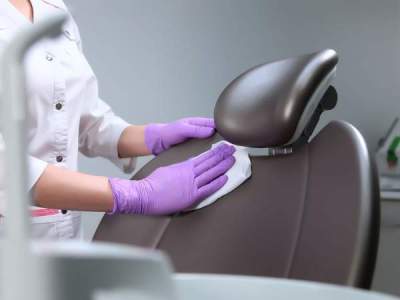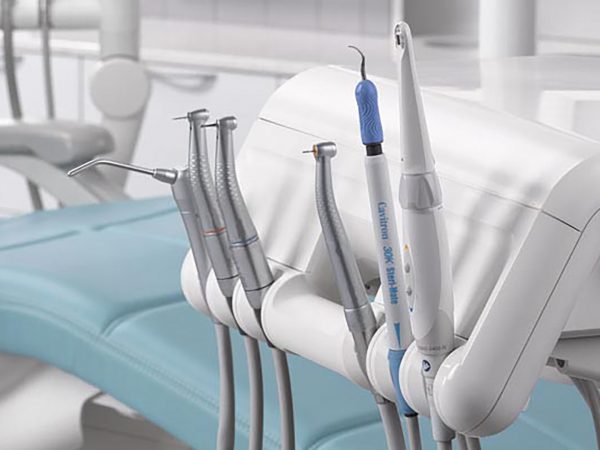What’s the correct time to wait between dental checkups? Most people have the 6-month rule ingrained into their mind, but that may not be the best schedule for everyone.
This timeline has been recommended by several oral health professionals but is seen more as a rule of thumb by the Australian Dental Association (ADA). This one-size-fits-all approach doesn’t work for everyone; ADA specialists advise that people should visit their dentist more or less frequently, depending on their specific circumstances. Overall, it is up to the dentist to recommend how often a checkup is required.
Still, 6 months is a good median unless a person is advised that they are at a higher or lower risk of tooth decay and other oral threats.

Prevention Is Safer & Cheaper
On average, it takes anywhere from 6 months to 4-5 years before a cavity requires treatment. It is imperative that health issues are detected early; later detection may result in more invasive treatments like surgery or major dental reconstruction.
If you have not discussed the best times for checkups with your patient or are still becoming familiar with their oral health/habits, the 6-month rule allows you to catch decay, gum disease or oral cancer in their earliest stages. Many dental professionals see this time as the safest time frame to detect oral health issues and apply preventive care measures. Still, depending on your patient’s oral health, they may be susceptible to complications in less time.
Several factors contribute to cavities, but sometimes all it takes is a person’s genetics to make them more susceptible to cavities and oral ailments. Uncontrollable circumstances like tooth shape, gum recession and dry mouth can all promote cavity development. Some people are born with a lower resistance to the type of bacteria that cause cavities. Each of these factors should be considered when deciding how often a patient should visit for a checkup.

Waiting For Pain Is Dangerous
Pain and toothaches often only occur in the later stages of decay or gum disease. The pulp of the tooth is filled with highly sensitive nerves. Pain from within the tooth is likely caused by a cavity or infection affecting this area.
Surface level cavities on the enamel may be painless and treated by a dentist without serious repair work. However, deep cavities can lead to a plethora of problems. Patients may face the dreadful choice of complex treatments like root canals, extractions, implants or replacements by this stage.
As a dentist, it’s important to consistently take preventive measures to ensure your patients have good oral health. If your patient is prone to more rapid tooth decay, it is your duty to encourage more regular checkups.

Monitor What’s Happening Beneath The Surface
Oral afflictions can sneak up on us and cause damage beneath the surface. Cavities and gum issues are more visible than other ailments; however, they can still hide in hard-to-see recesses.
A huge advantage to regular dental checkups is jaw and teeth x-rays which may identify irregularities under the surface. This allows dentists to monitor the interior health of teeth, bones and surrounding areas.

Enforce Good Habits
Poor oral health habits are prevalent among children, adolescents and adults. The Australian Dental Association surveyed that around 45% of teenagers brush their teeth less than twice a day.
It’s advised that adolescents at low risk of tooth decay should visit their dentist at least once a year. High-risk people should visit every 3-6 months until their risk of decay is appropriately treated.
The Australian Institute of Health and Welfare stated that the average Australian adult between 15-35 has 4.1 decayed, missing or filled teeth, and the average 35-54-year-old has 10.3. They also reported that 44% of Australians hadn’t seen a dentist in the past 12 months during the 2017-18 report period.
Dentists can encourage proper tooth care and hygiene practices that can prolong oral health without the need for complex treatments. During a standard checkup, a dentist can help remove dental plaque, check any problem areas for early tooth decay, notice signs of harmful oral habits (poor brushing, teeth grinding, bad diet, etc.) and schedule another appointment for the most effective time.

Keeping Dental Practices In Tip Top Shape
Dental Depot is a dedicated ally to the dental industry. We supply clinics across Queensland with the leading dental equipment brands. If you’re in the dental industry and want quality gear from the best brands with expert delivery, installation and training, contact us today!



